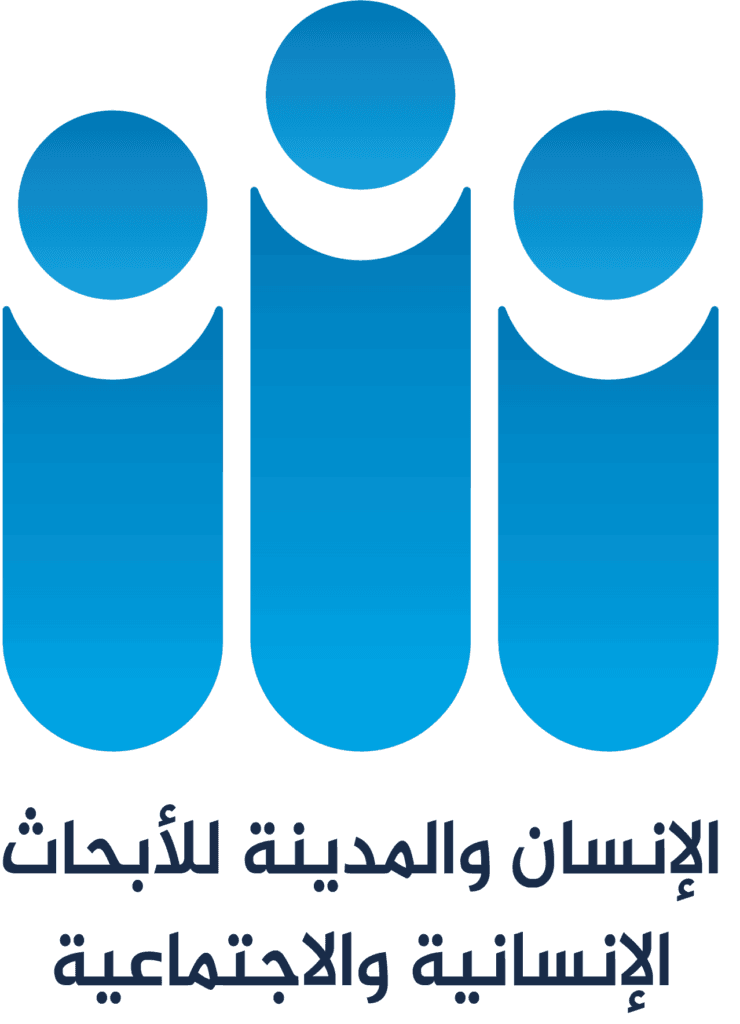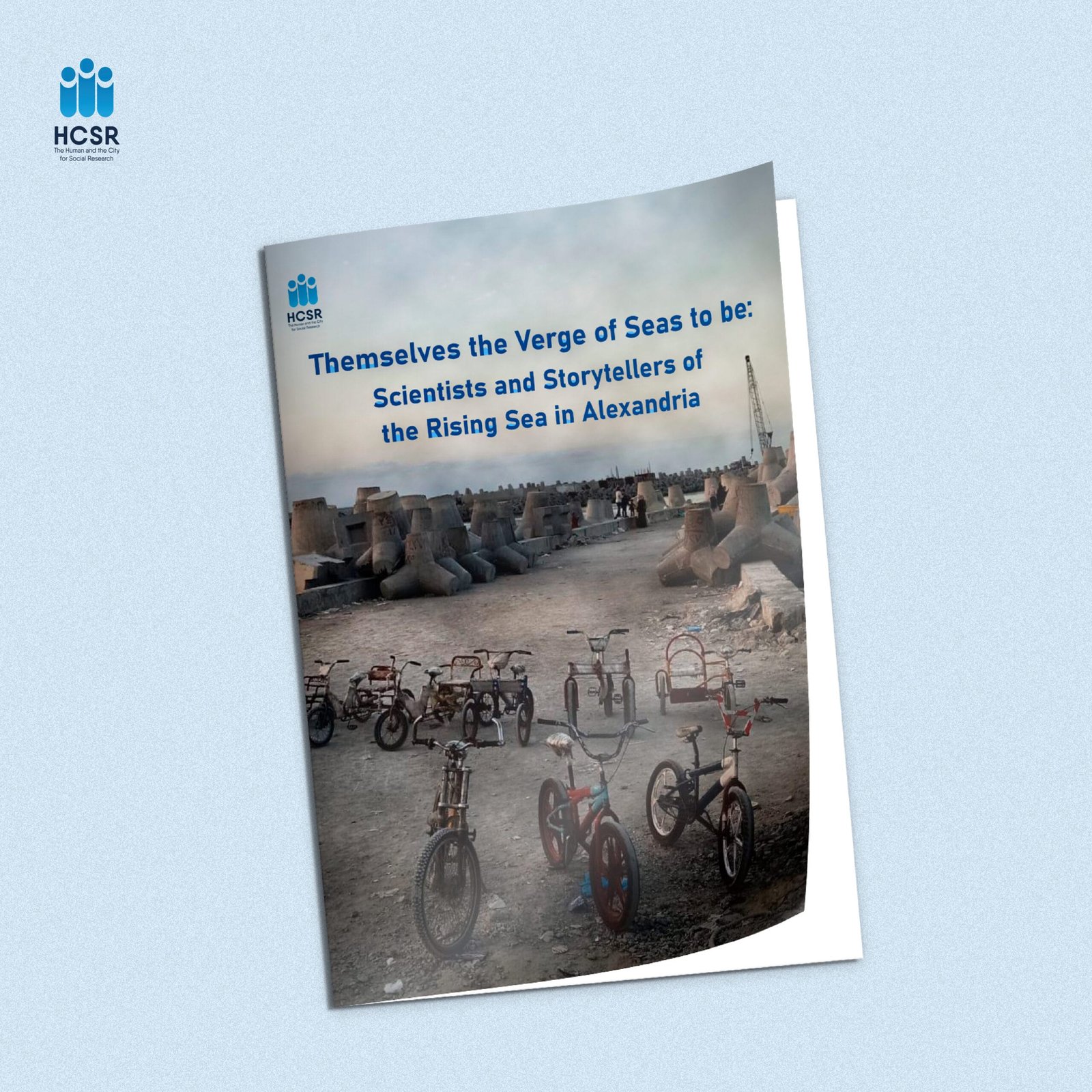Soha Mohsen[1]
Introduction
According to the United Nations’ best-case scenario, at least 30% of the city of Alexandria will be flooded and over a quarter of the population will have to be rehoused by the year 2050. As reported by the UN Climate Panel (IPCC) in their 6th assessment report, the rising sea level of the Mediterranean due to climate change will have dramatic implications because its deep waters will warm more than all the oceans. This suspended futurity of Egypt’s second biggest metropole and its most historically significant port city intimately intersects with the overall uncertainty and instability lived and experienced by Egyptian subjects in the complicated and prolonged aftermath of the 25 January 2011 revolution, whereby the discourse of “sinking” operates not only on the level of city’s materiality but also on the level of a collapsing national economy. The shore that is disappearing and being lost to the Alexandrian public- due to the rapid and aggressive privatization by the state- is the same shore that is witness to the rising sea levels due to global warming. Taking this paradox between the appearance/ disappearance of the sea-and-land scopes, this project seeks to understand how the rising sea becomes the site of contested epistemologies, imaginations and representations in Alexandria, in relation to Egyptian politics, cultural production and scientific discourse.
Drawing on ethnographic fieldwork and archival research, this paper begins by introducing the context of my study, elaborating on Alexandria’s status of “endangerment” as demonstrated and discussed by local and national oceanographic and marine scientists. After that it moves on to share a brief reflection based on ethnographic interviews and archival research, exploring the history of the oceanographic sciences in Egypt (specifically along Egyptian Mediterranean), namely the establishment of the National Institute for Oceanography and Fisheries (NIOF) as well as the Department of Oceanography at the Faculty of Sciences in Alexandria University. I aim to understand the complex subjectivity that oceanographers and marine scientists embody in endangered coastal cities, and the ways in which their personal and professional encounters with the sea shape and become shaped by the larger political, economic and cultural atmospheres of Alexandria. Lastly, the paper ends with a discussion of the nature of knowledge making about the sea-level rise (or the absence thereof) that unfold in relation to, about, and in proximity to the sea.
Note on methods used:
The vignettes presented in this paper are based on fieldwork over 9 months from September 2023 to May 2024. During this period of ethnographic fieldwork, I deployed several ethnographic methods simultaneously, such as: archival research, semi-structured interviews, and participant observation. The data/ findings in this paper are based on in-depth, semi-structured interviews with members from the National Institute of Oceanography and Fisheries and the Department of Oceanography at the Faculty of Sciences, Alexandria University, combined with my experience as a Visiting Researcher at the Human and the City Center for Social Research (HCSR) in Alexandria during the period between November 2023 and May 2024. I am tremendously grateful to HCSR team for welcoming me into their space and for continuing to provide me with profound insights about the urban, sociocultural and maritime histories of Alexandria.
Context:
The IPCC AR6 report advises that climate change will exacerbate storm surges and coastal flooding in the eastern Mediterranean basin in the upcoming decades. The above is particularly critical for low-lying arid cities in developing nations like Alexandria. Alexandria projects a high-end rate of sea-level rise ranging between 6.4 and 7.8 mm per year (IPCC 2021). The sea level is expected to rise between 0.2 m and 0.25 m at Alexandria by 2050, threatening fisheries on the Mediterranean Sea coast in Egypt and its low-lying coastal tourist areas (World Bank Group, 2014, p. 129). As the report indicates; “Egypt, Libya, Morocco and Tunisia are the most exposed countries to sea-level rise (World Bank, 2014). Among MENA countries, Egypt is particularly exposed with several coastal cities at risk of inundation (Frihy et al. 2010; Solyman and Abdel Monem, 2020; Elshinnawy and Almaliki 2021).”
I started my fieldwork journey in Alexandria in the windy fall season of 2023, with certain expectations about the anxious atmosphere of a city that is on the brink of “sinking”. “Being there” (Favret-Saada 1990; Giordano 2023) among different local communities of residents, scientists, researchers and cultural producers, introduced me to a different, even more nuanced reality. Living in Alexandria, working among and with local communities, I came to contact with a scene of loss that, surprisingly, is not on-the-way but already here, acutely present and powerful. Whether Alexandria is going to sink, partially or completely, or not at all, is an issue discussed and ‘assessed’ by numerous scholars and scientists, and investigated in multiple past and ongoing research projects. Consulting these reports, documents, announcements and studies while also living in the city, I came to realize that the notion of sinking quite poetically and with precision captures much of the present condition in Alexandria. Echoing Stefan Helmreich’s remarks on seawater as a theory machine, I suggest that seawater has become an explicit figure for anthropological and social theorizing, “especially in the age of globalization, which is so often described in terms of currents, flows, and circulation”. I also join Helmreich in his critical take on the generativity of watery metaphors to our modes of social and cultural analysis. Similar to him, I am interested in employing sea-water as a theoretical and an explanatory tool (theory machine) while at the same time as a phenomenon to be examined in and of itself (a thing in the world) (Helmreich 2011).
“An estimated 45 percent of the population of Alexandria currently lives on land situated below sea level” (Michel 2010). In Alexandria, for a scenario involving a sea level rise of 0.5 meters over the next century, about 30% of the city would be lost to inundation and saltwater intrusion if no countermeasures were taken (ElRaey 2010). How is sea level rise encountered, known, and conceptualized in Alexandria? How does it seep into the lived experience of the city? Where does knowledge about the sea emerge, and how does expert knowledge about the sea come into being? Lastly, how are the policies and interventions pertaining to coastal management in response to sea level rise are made by local scientific communities?
[1] Soha Mohsen is a PhD Candidate in Sociocultural Anthropology at the University of California, Davis. She completed her MA degree at the American University in Cairo (2018) in Sociology/Anthropology, and prior to that, she had a professional career in the publishing industry. Her dissertation research looks at the entanglement of scientific and cultural perspectives on the phenomenon of sea-level rise in Alexandria, Egypt. Specifically, her work examines the politics and poetics of knowledge-making associated with sea-borne hazards, while tracing the history of oceanographic and marine sciences along Egypt’s Mediterranean. Soha is currently a teaching fellow at Cairo Institute for Liberal Arts and Sciences for the year 2023/2024.
This article was written during the author’s fellowship at HCSR November 2023- May 2024 as part of her fieldwork.
The cover image is one of the outputs from the ‘La Traa El-bahr’ workshop, for more, click here.



